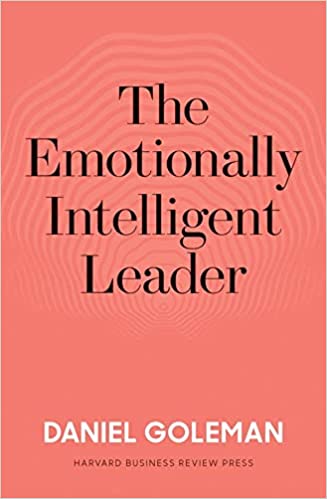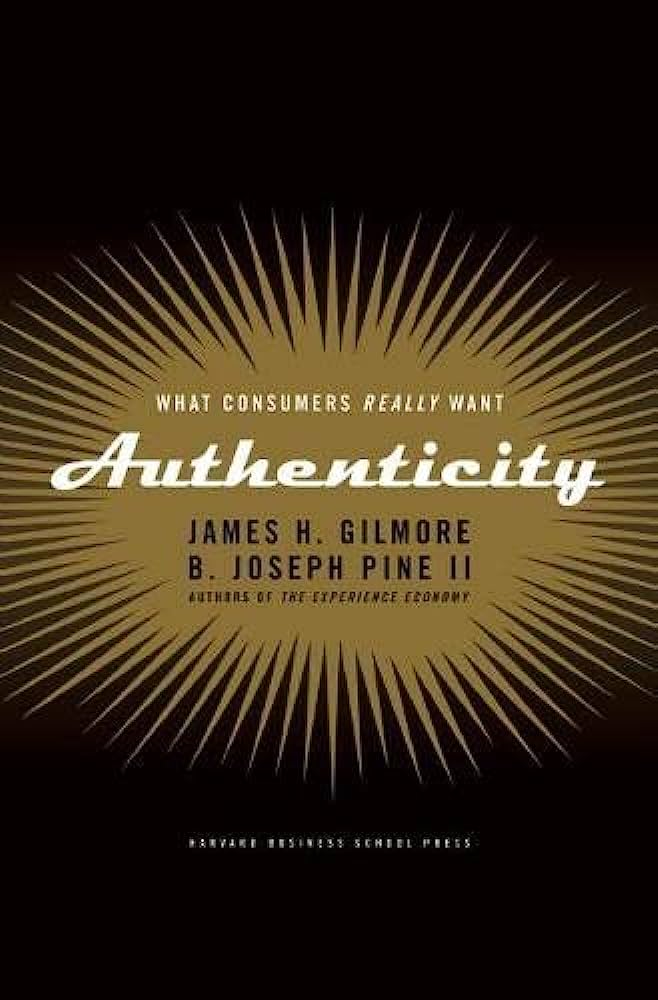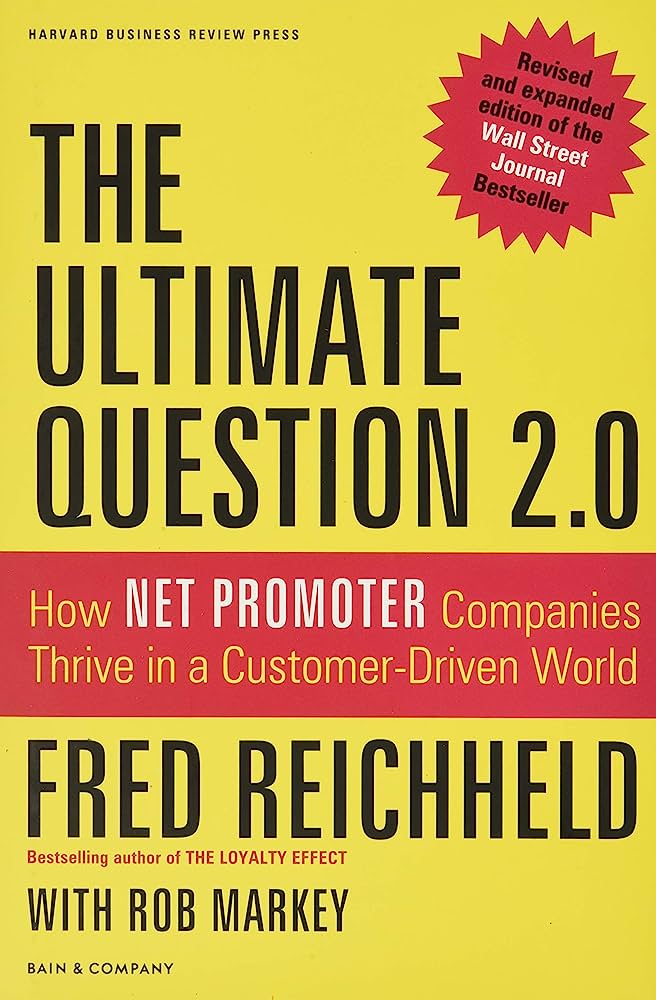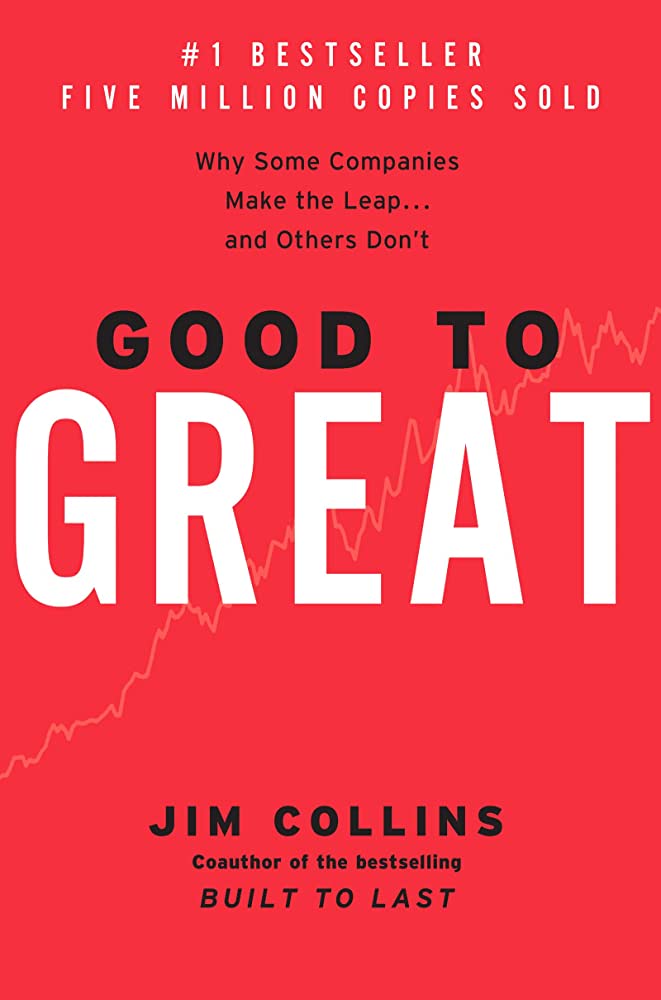The Emotionally Intelligent Leader
RATING


In this book, Daniel Goleman explores the importance of leaders developing and maintaining a high level of emotional intelligence. This book incorporates many of the same themes and ideas discussed in Goleman’s previous works but with a new application geared specifically towards helping aspiring and current leaders to develop their emotional intelligence skills and improve effectiveness in their careers and work life. Goleman has spent 12 years working for the New York Times authoring articles on human behavior, behavioral sciences and the brain. Goleman has a PhD in clinical psychology and personality development from Harvard. The structure of this book reflects on and incorporates much of his previous work beginning with the first section, “What Makes a Leader”. Focused on the five components of emotional intelligence, which are explored in one of his earlier books, Emotional Intelligence, he applies those five components to successful leadership styles and strategies. The next section on “The Focused Leader” tackles the fact that leaders need to cultivate a triad of awareness— an inward focus, a focus on others, and an outward focus to help develop their Emotional Intelligence. The third and final section, “Leadership that gets results” focuses on the fact that leaders should not lead based on their own personal style but rather in the style that best addresses the demands of their situation. He breaks this down by describing the six basic styles of leadership and giving context for which style would work best in different situations. The culmination of this section describes research that shows that the most successful leaders have strengths in the following competencies: self-awareness, self-regulation, motivation, empathy, and social skill. Just as in his previous works, each chapter provides relatable examples which are designed to emotionally connect the reader to the material. Following a similar trend to Emotional Intelligence, the chapters are short and pithy and full of anecdotes while also being packed with science. Unlike some of his previous work Goleman makes all the material captivating and digestible.
Once again, this work is a true testament to Goleman’s experience and education in the field. The book provides a plethora of references, studies, and research leading to valuable insights resulting in a self-reflection of one’s own Emotional Intelligence and of those around them. Goleman then stimulates the reader with tools, to begin critically evaluating their own behavior and Emotional Intelligence and how they can begin to understand if their skills are refined, or if they need work.
Once again, many of the concepts within this book will come across as common sense. For seasoned leaders well in tune with their Emotional Intelligence this is a redundant read. Furthermore, while the explanations of human behavior based on the neurological structure of the brain is exciting for readers who possess a deeper background and understanding in the field, many of the concepts explained will go right over many readers’ heads.
Become a Better Leader by Improving Your Emotional Intelligence
Bestselling author DANIEL GOLEMAN first brought the concept of emotional intelligence (EI) to the forefront of business through his articles in Harvard Business Review, establishing EI as an indispensable trait for leaders. The Emotionally Intelligent Leader brings together three of Goleman’s bestselling HBR articles.
In “What Makes a Leader?” Goleman explores research that found that truly effective leaders are distinguished by high levels of self-awareness and sharp social skills. In “The Focused Leader,” Goleman explains neuroscience research that proves that “being focused” is more than filtering out distractions while concentrating on one thing. In “Leadership That Gets Results,” Goleman draws on research to outline six distinct leadership styles, each one springing from different components of emotional intelligence. Together, these three articles guide leaders to recognize the direct ties between EI and measurable business results.
For anyone who would like to refine their emotional intelligence skills or garner a deeper understanding of the field, this book provides value. It will help leaders, managers or individuals alike begin the process of reflecting on their own Emotional Intelligence skills and begin to refine and train themselves to be more efficient and effective.

This book is both research based with a major component of leadership focused quality control and related tactical applications of self-improvement for the reader.
See content on this topic

Sales training for front line along with basic development and coaching principles for line management.
Understanding how leaders must evolve with relation to the evolution of business models, new management models, and the significant changes to the workforce with Digital Natives now making up more than 50% of the workforce globally.
Understand the theory and mechanics of developing and managing a customer-centric and experience-driven corporate culture that is consistent and stable and includes elements of Employee Experience (EX) and Employee Relationship Management (ERM).
Understanding the evolution of leadership styles, management models, organizational structures, performance measurement and guiding change in the evolution of business models from product-centric to customer-centric and even relationship-centric.
Understand how to manage both internal and external digital transformation while considering the landscape for digital business models and the effect on traditional business models. Understanding organizational readiness for transformation and the role of corporate culture in managing transformations.
The changes in consumer behavior, employee behavior, and the evolution of business models in the digital age cause significant difficulties and imperatives for leaders who must develop new skills and evolve their leadership styles to be effective in this fast changing, challenging, and competitive environment.




 Copy Link
Copy Link
 E-mail
E-mail
 LinkedIn
LinkedIn
 Facebook
Facebook
 Telegram
Telegram
 WhatsApp
WhatsApp















 Go Back
Go Back
Leave a Reply
You must be logged in to post a comment.